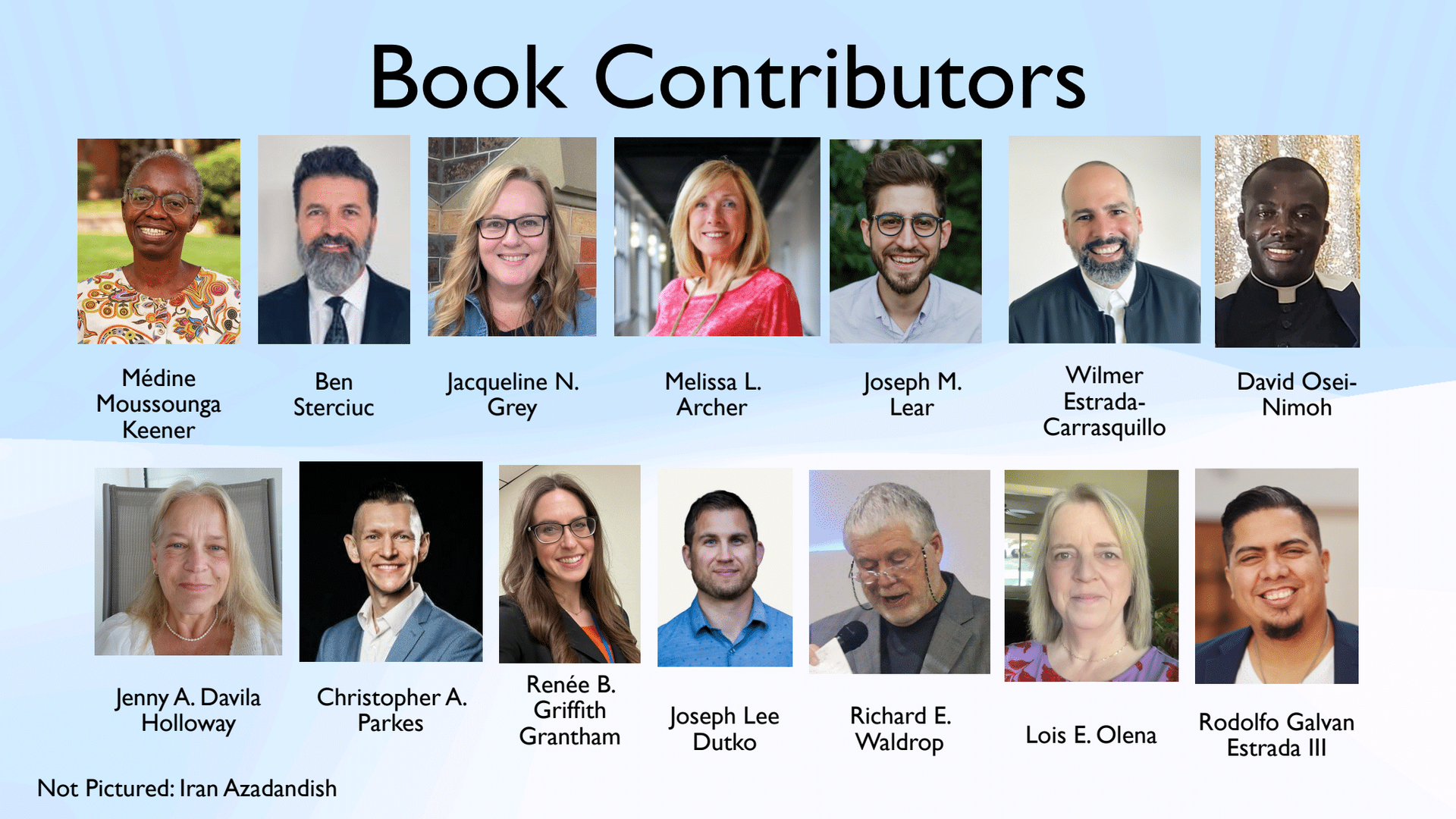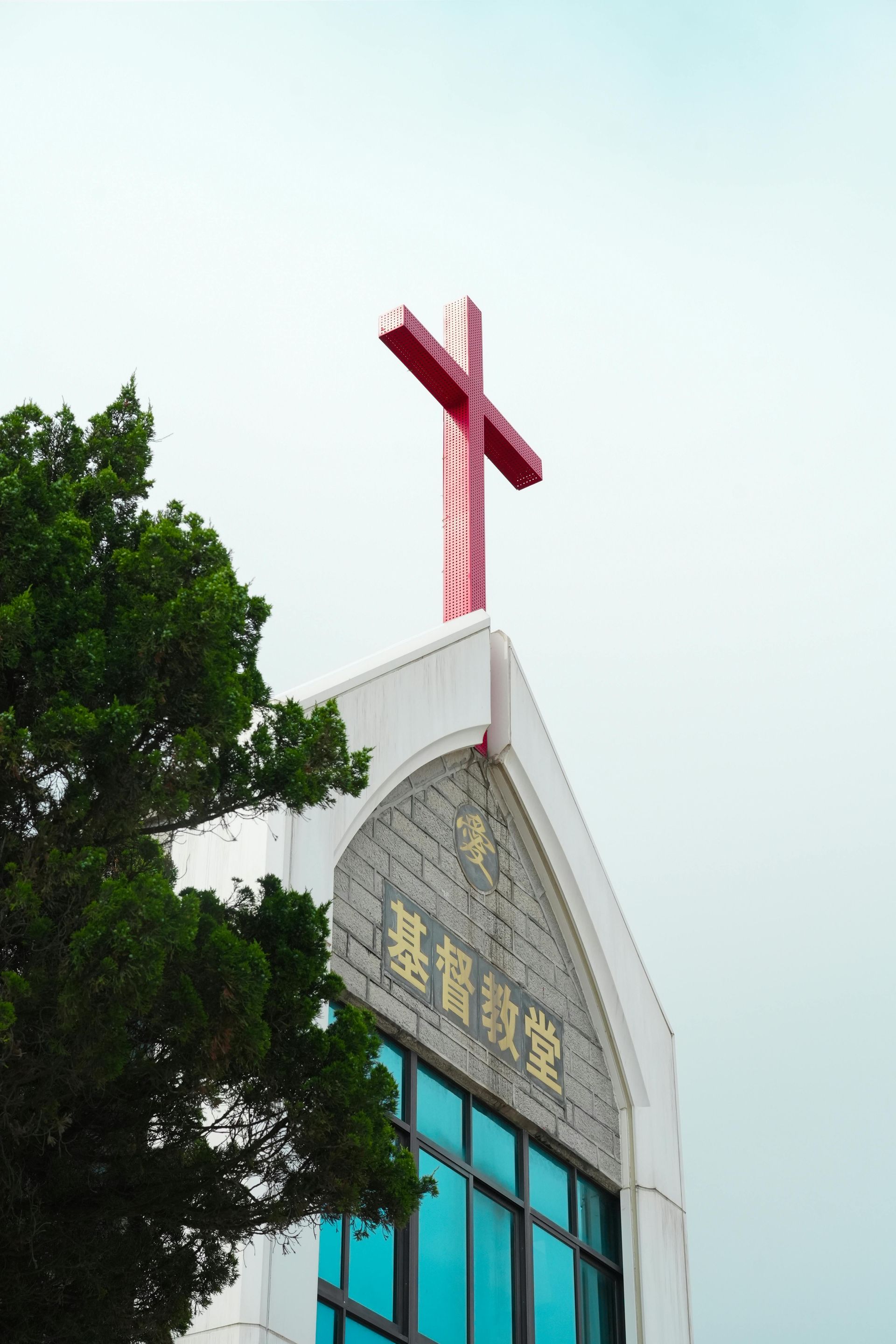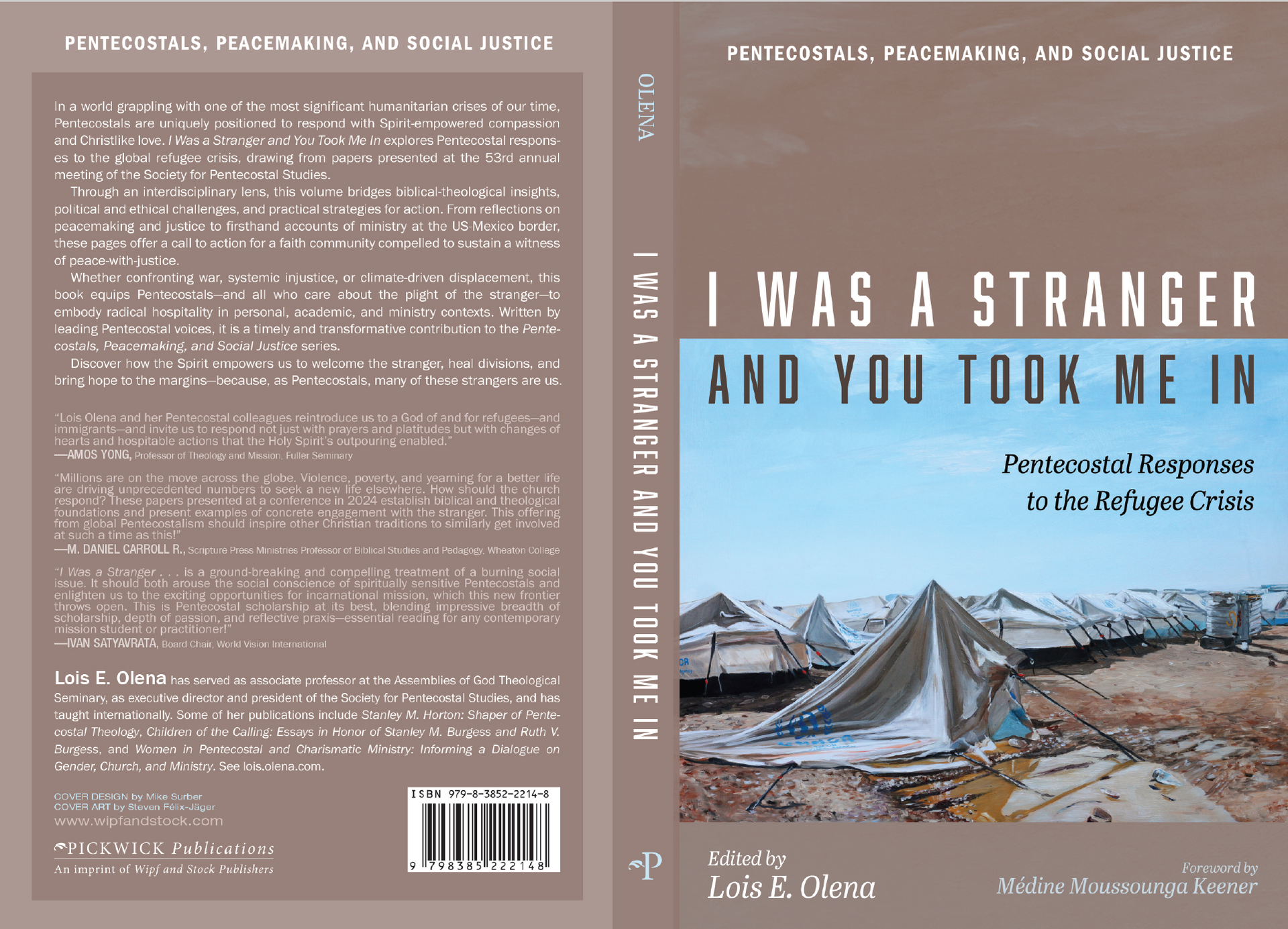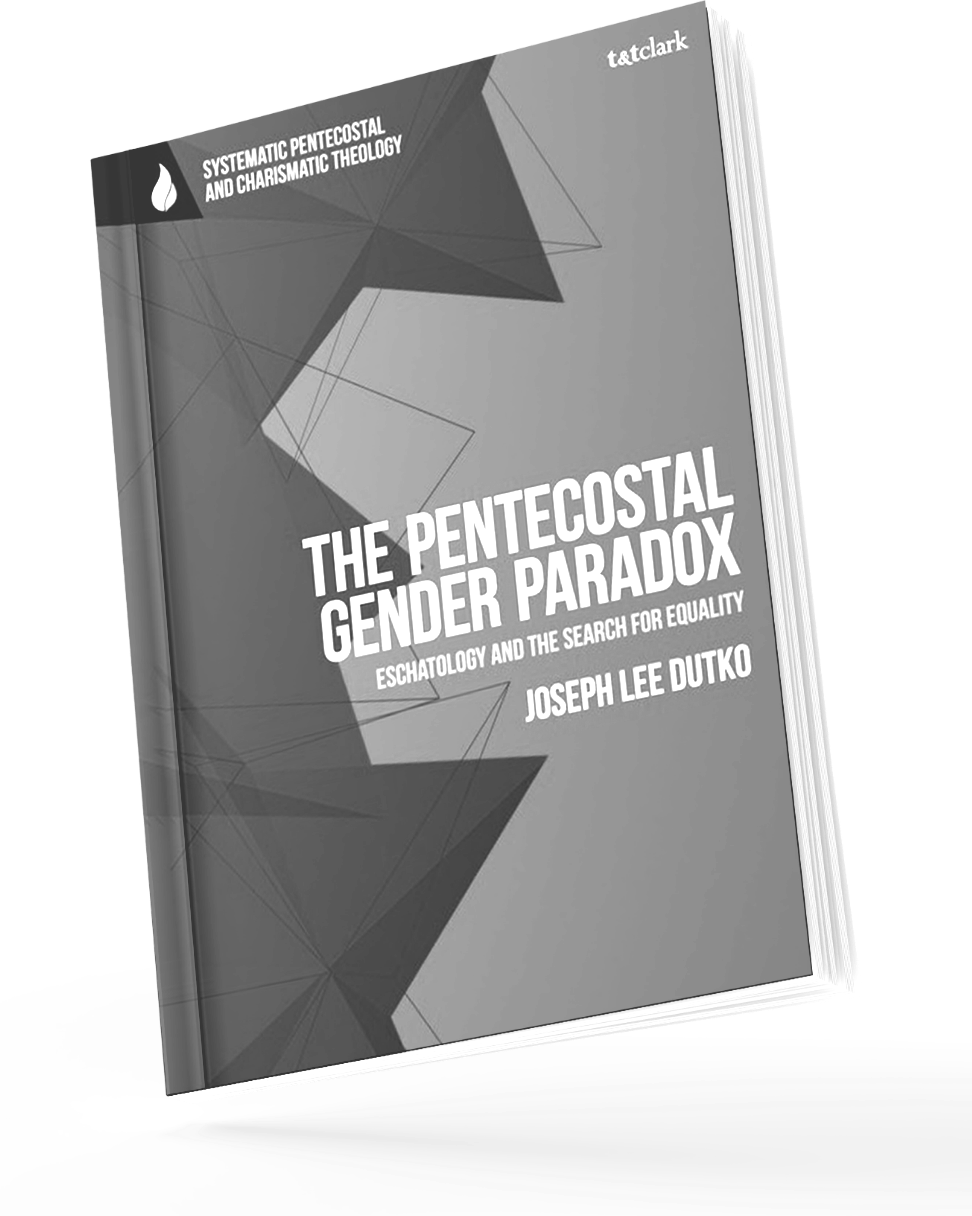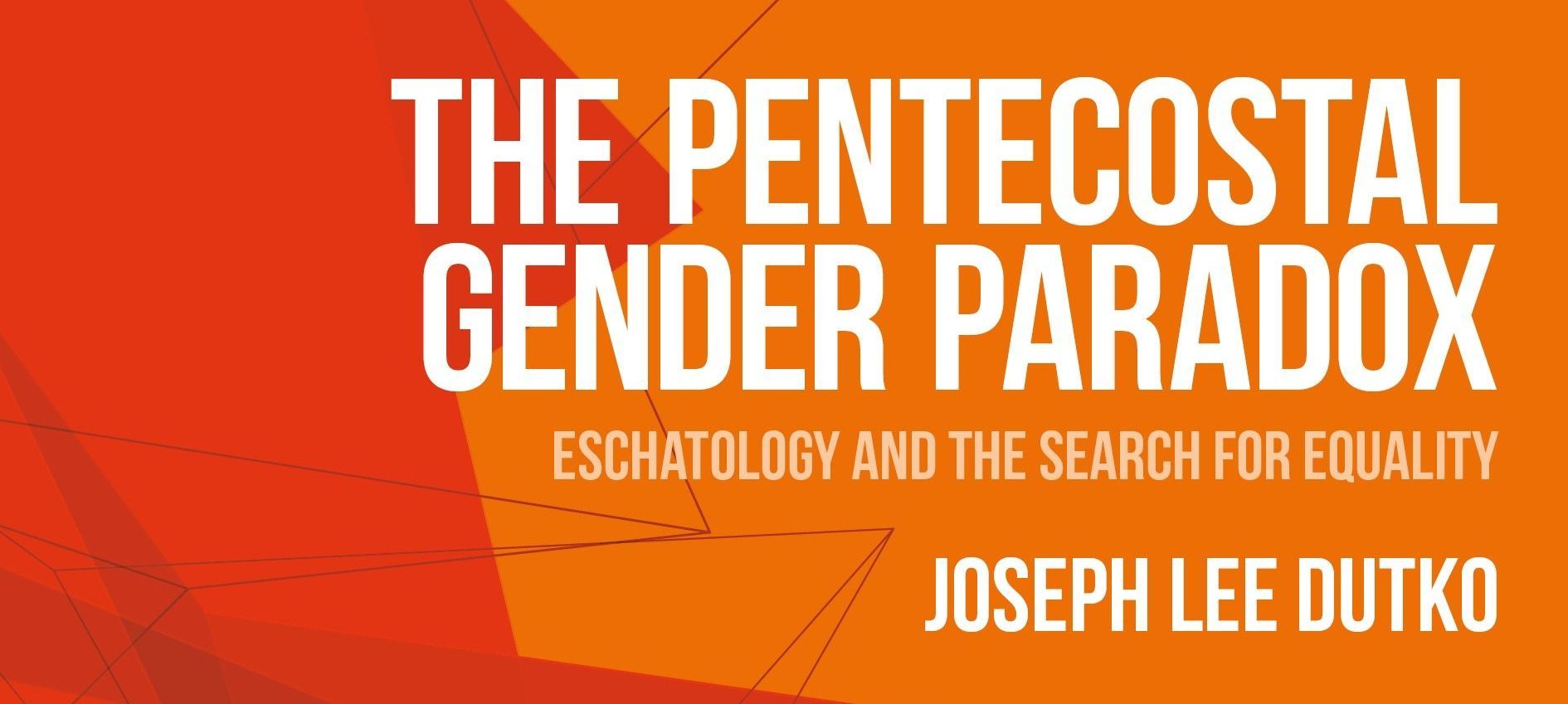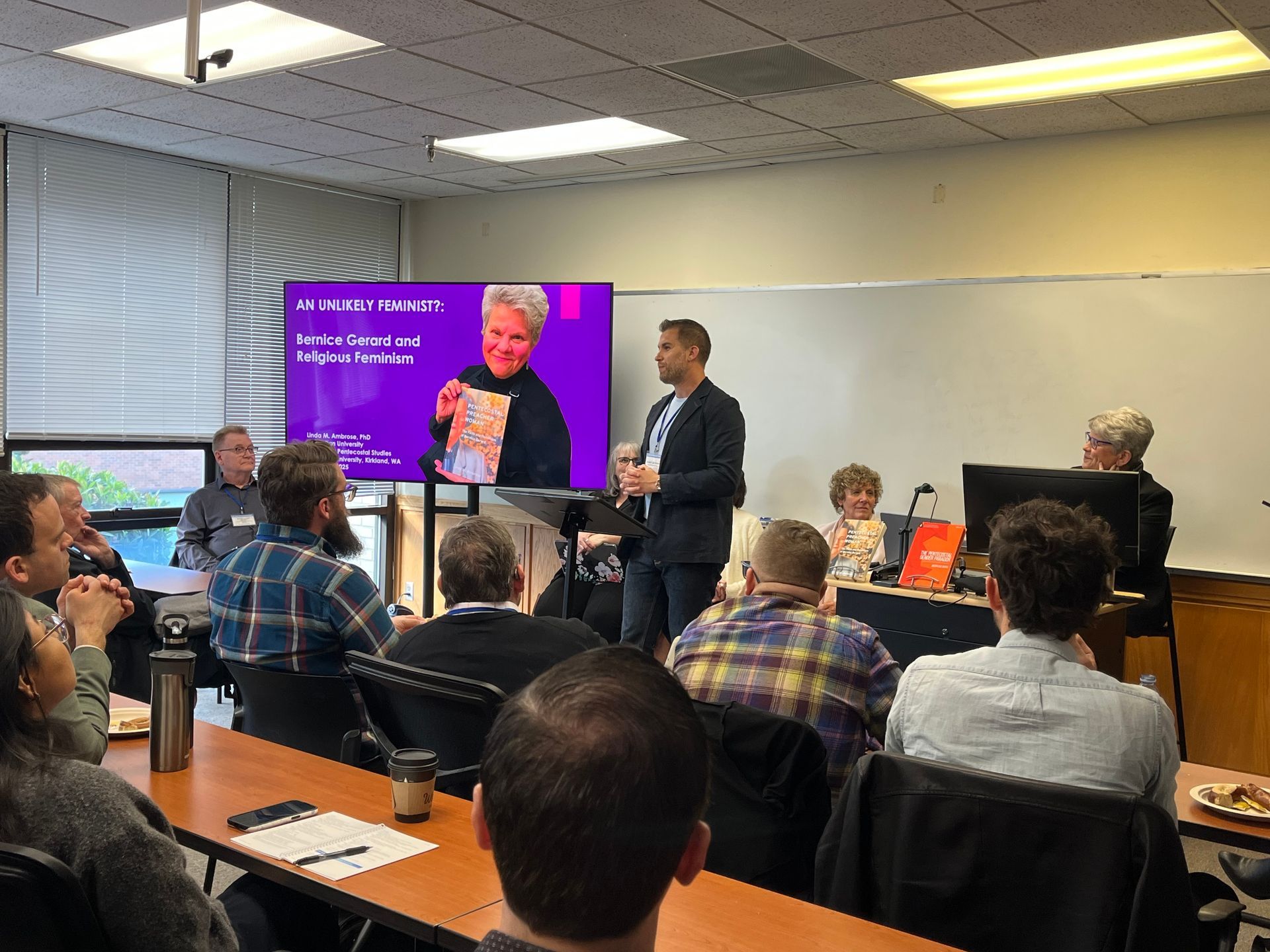4 Tips For Dying Well as a Christian
It is our Christian duty to plan ahead for our death
In our modern world and especially in countries like Canada where I reside, life expectancy is high and is only predicted to rise.
Therefore, we may think of death as some far off thing and not give it much thought, or we may just not want to think about or face the reality of it.
As Woody Allen once said: “I’m not afraid of death. I just don’t want to be there when it happens.”
As a church, we've been in a mini series on everyone's 3 favourite topics: Suffering, Death, & Grief! You can listen to each message HERE or on our podcast.
Parts of each of those messages cover the biblical-theological landscape of each topic, but each one also contains practical application.
For death, I'd like to offer here four pieces of hopefully super-practical Christian advice on preparing for our death and dying well (I give 6 in the actual message).
1) Set your affairs in order (have a will)
I have the unique experience or responsibility to often be involved in people’s deaths, which sometimes includes family affairs.
From that perspective, can I just say this: it is your Christian duty to set your affairs in order out of love for your family. It will make it so much easier for everyone and will be a gift to them.
Reduce the amount of items you have, and have a will that clearly indicates your wishes including financial (who gets what of finances and items), as well as your end-of-life and funeral or burial wishes.
Speaking of, what should those wishes be as a Christian that you might want to outline in your will? I don’t have a pithy way of saying this really, so I’ll just say
2) Have as much of a full-blown funeral as possible
I know it’s popular these days to say “I don’t want to have a service, I don’t want all the fuss or people to have to worry about that. I’ll be gone so I don’t care.”
But understand that a funeral is not for you, it’s for others. People need the opportunity to say goodbye and to come to grips with the reality of death.
It’s not enough to say “just have a party and a few drinks for me after I’m gone.”
And I would go beyond just a “celebration of life” which is more of a modern trend, to more of an actual funeral that honestly deals with the seriousness and permanence of death, as well as the specific beauty of the life you lived and the people you touched.
By funeral I don’t mean some elaborate or expensive service, that’s not the point; in fact, I recommend as simple as possible, but without emphasizing convenience over depth and meaning.
I simply mean have a Christian service that properly both mourns and celebrates one’s life, as well as consider a smaller additional Christian burial service. Speaking of that . . .
3) Consider bodily burial
I want to be careful here as I’m not saying this is so much a scriptural right or wrong.
But based on the scriptural teachings that our bodies will be raised, and the scriptural metaphor in 1 Corinthians 15:35-44 that the body is like a seed sown into the ground for our resurrection, I encourage you to consider a bodily burial when possible.
I believe it provides more closure and is honouring to the body that God has made. You might even want to consider a casket at the service and/or burial/graveside service.
Growing up in a heavily Roman Catholic population on the east coast, this is all I ever knew growing up, seeing my grandparents' or friends' bodies there in the casket, and it wasn’t until more recently and after I moved to the west coast that I encountered the more popular celebration of life. But I think those open casket experiences taught me a lot as a kid.
I understand the convenience and possible cost savings of cremation. But you may be surprised that a simple burial or so-called “green burial,” which I would recommend, is not too expensive.
I want to be sensitive here that not everyone gets a choice, situations vary, sometimes bodies are far from family, people have reasons for other decisions. I’m just saying consider it and think about it. Cremation is not wrong, but is there something better?
Another advantage of bodily burial, going back to the last point, is having some sort of graveside ceremony in addition to or as a part of a funeral or memorial.
(Just to put the reader at ease, I’m pretty sure every single memorial service I've done, probably 15 or more, have all been cremations, and I imagine most services in the future also will be, so it’s not like I'm saying don’t do that. I just want people to think through things and have good Christian reasons for doing what they're doing, whatever choice it is they make.)
Last, and very importantly:
4) Die in (Christian) community
There’s a certain oddness, but also reality, that often a large majority of people at our funeral won’t always be those we spent most of our life with, but rather those whom we were most recently in Christian community with.
I see this all the time, where at a funeral it is mostly people the deceased spent the last few years of their life with. But because they died in community, even though they've sometimes only been at the church for a short while, they are surrounded by a loving Christian community.
Part of what grieves or troubles me when Christians stop fellowshipping with the church, whether they get too busy or just don’t think it’s important or find it too inconvenient, is don’t you want people to surround you and be there when the tough times come? And that’s hard to do authentically if you haven’t been around and engaged.
You can’t just all of a sudden produce bonds that form over years of community.
We should always be ready for our death, and that includes making sure we’re in Christian community so that we can die well as a believer in Jesus and surrounded with our forever family, the church.
NEWSLETTER SIGNUP (blog post layout)
ABOUT JOSEPH
Pastor, Author, and sometimes pretends to be a Scholar
Joseph (PhD, University of Birmingham) is the author of The Pentecostal Gender Paradox: Eschatology and the Search for Equality.
Since 2015, he and his wife have together pastored Oceanside Community Church on Vancouver Island, where they live with their four children.

